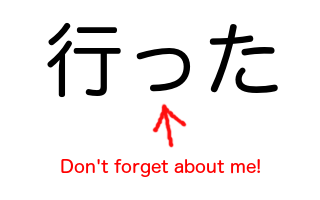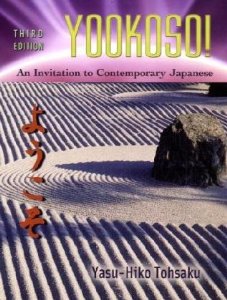Japanese suffix ーがる (-garu)
The Japanese suffix ーがる is one of those things you aren’t too likely to learn about in a beginner Japanese course. You may have seen it in a advanced textbook if at all. I understand the reason for not introducing this expression until a student has more experience with the language’s fundamentals. After all you… Read More »





